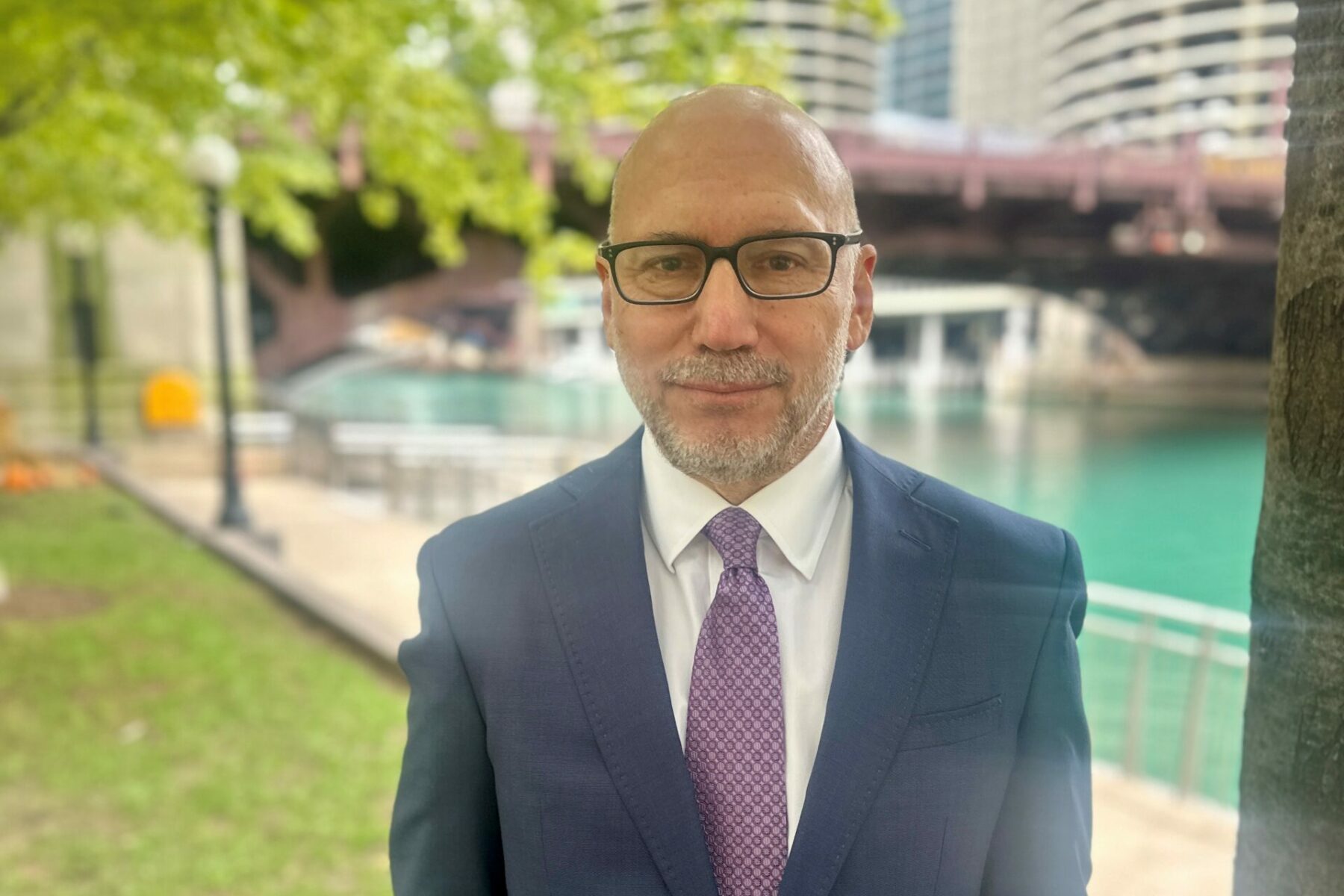August 11, 2021
FirstEnergy Investigations Must Continue Beyond Company’s Plea Agreement
The depths of the FirstEnergy scandal is unprecedented in the history of utility regulation in this country. PUCO must now do a deeper more comprehensive investigation into the totality of the corruption.
*This Op-ed originally ran in the Cleveland Plain Dealer.
The plea agreement FirstEnergy signed admitted to not only bribing the Ohio speaker of the House to get legislation passed to bail out its nuclear plants, but also bribing the incoming chair of the Public Utilities Commission of Ohio.
On a scale of 1-10, the corruption level is 11. Hence, while the $230 million fine FirstEnergy agreed to pay sounds like a stiff penalty it has to be viewed in the context of the company’s $1.1 billion in profits from 2020. FirstEnergy’s stock price actually went up after the U.S. attorney announced the penalty.
PUCO must now do a deeper more comprehensive investigation into the totality of the corruption. FirstEnergy is a regulated public utility and has an obligation to serve customers in the public interest that most companies don’t have.
In the agreement, FirstEnergy admitted paying former PUCO Chairman Sam Randazzo $4.3 million and former House Speaker Larry Householder $60 million to act in the utility’s interest.
The agreement specifically outlined several text messages that put the largest bribery and money-laundering conspiracy in Ohio history in the words, GIFs and emoji of the people who committed it.
Former FirstEnergy CEO Chuck Jones texting Randazzo “HB 6 **** ANYBODY WHO AINT US.” along with an image of Mount Rushmore with the presidents’ faces replaced with those of Randazzo and several FirstEnergy executives, shows how tightly enmeshed Randazzo was with the corporation
And Jones texting Randazzo a picture of rising FirstEnergy stock along with “Thank you!!” shows the purpose of a decoupling measure was never serving the Ohio public. In fact, decoupling compensates utilities for their lost revenue from running efficiency programs that help customers reduce their usage. So, House Bill 6 eliminated efficiency programs but FirstEnergy was still getting the same subsidy as though it was still running the programs.
One text message, in particular, demonstrates that FirstEnergy wasn’t looking for aid on one-offs like the decoupling measure or House Bill 6. It shows FirstEnergy bought itself a regulator, one with a constant eye toward helping the company. Randazzo texted Jones, “you guys are welcome anytime and anywhere I can open the door.”
In the prosecutors’ words, Randazzo would act in FirstEnergy’s interests “as requested and as opportunities arose.”
Given this backdrop, it’s now important for others to pick up where the U.S. attorney’s office left off. The U.S. attorney conducted a limited investigation into specific crimes, but the PUCO must now do a deeper more comprehensive investigation into the totality of the corruption. FirstEnergy is a regulated public utility and has an obligation to serve customers in the public interest that most companies don’t have.
The relationship between Randazzo and FirstEnergy reached the point that FirstEnergy CEO Jones texted another FirstEnergy executive “a lot of talk going on in the halls of PUCO about does he work there or for us?”
Ultimately, the Commission must decide the proper penalty for FirstEnergy, starting with should it be allowed to continue to serve the public or should it be forced to sell the utility part of its business. If not a forced sale of the utility, what punishment is appropriate beyond the $230 million? FirstEnergy’s admission that it bribed the Commission chair alone deserves additional scrutiny.
Finally, we need the Ohio Attorney General to investigate Governor Mike DeWine’s appointment of Randazzo, including the role that Lt. Governor John Husted played. DeWine stated that Randazzo was a well-known utility expert who worked for FirstEnergy but also worked for consumers. Yet, that was never true. Randazzo worked for FirstEnergy and the large powerful industrial customers against the interests of small business and residential customers. In other words, he worked for the powerful against the little guy.
DeWine and Husted either knew or should have known who they were appointing, and FirstEnergy’s role in that appointment has to come out.


